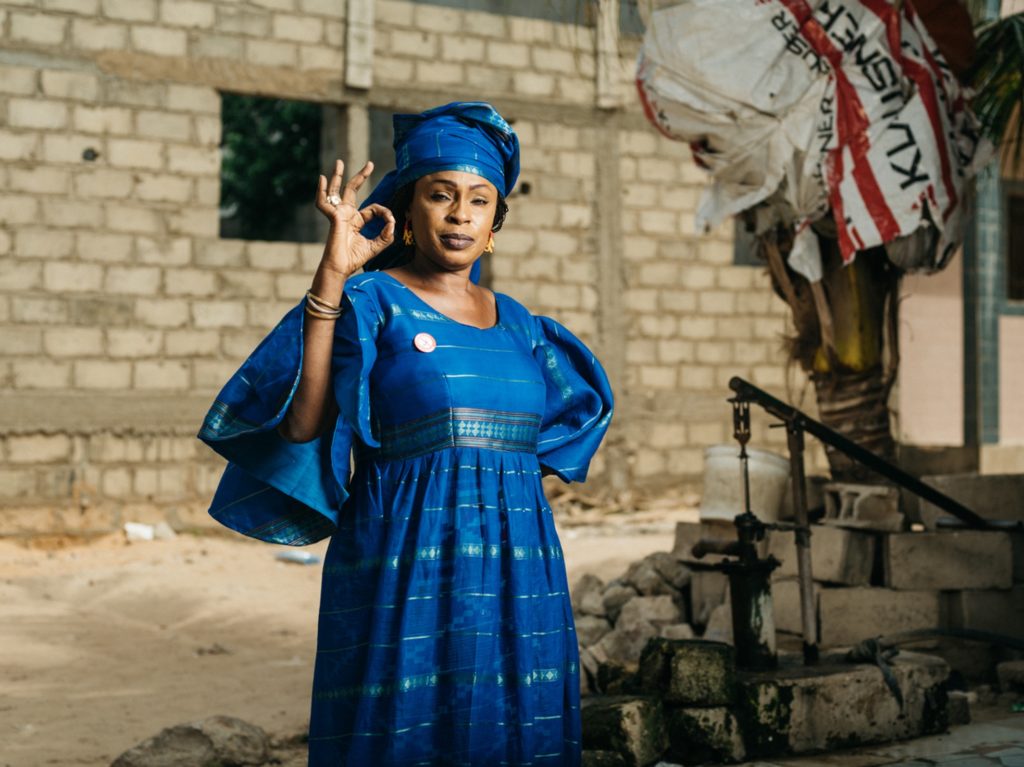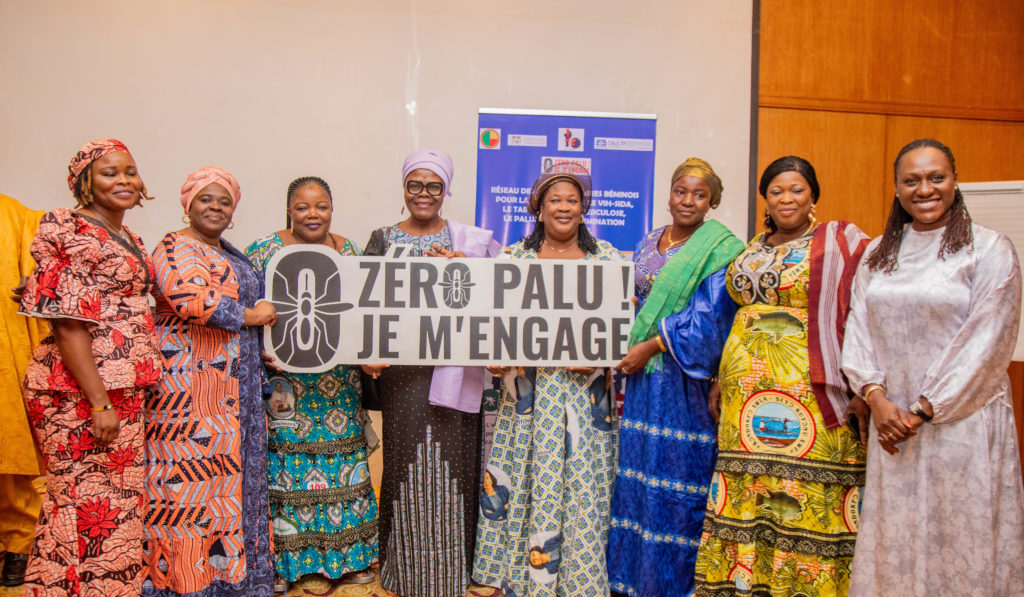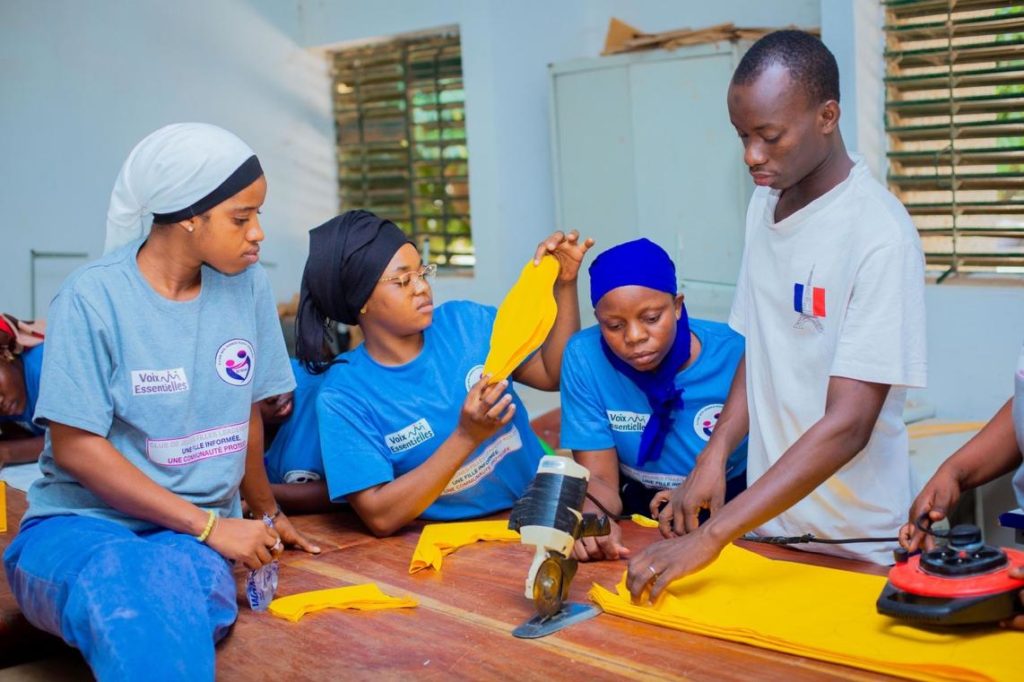Growing Gap in Global Malaria Efforts Calls for Renewed Leadership

Tremendous gains reducing malaria cases and deaths since 2000 now in jeopardy. Nigeria, DRC and Rwanda top the list of high-burden countries, while Sri Lanka, Senegal and Madagascar show success is possible
Geneva (29 November 2017) – Unprecedented global progress in fighting malaria since 2000 is at stake unless countries redouble their efforts, according to the latest figures released by the World Health Organization (WHO) today.
The World Malaria Report 2017 shows fragile and uneven progress in global efforts against malaria, an entirely preventable and treatable disease, which puts half the world’s population at risk and costs a child’s life every two minutes.
According to the report, malaria-related cases and deaths worldwide stand at 216 million and 440,000 respectively, a flatline in the tremendous gains of the past 16 years in the fight against malaria. The report sends a clear warning that progress could be in jeopardy and resurgence is on the rise.
“Limiting malaria’s devastating impact on families, communities and countries has been one of the global health success stories of our time. Since 2000, thanks to significant investment, strong political leadership and new tools, we have saved nearly 7 million lives from this deadly disease. Today, we have an opportunity to save millions more by renewing our resolve and commitment, as a global community, to end malaria for good,” said Dr Winnie Mpanju-Shumbusho, Chair of the Board of the RBM Partnership to End Malaria.
Achievement of global targets at risk
The first of the global targets on the path towards achieving a vision of a malaria-free world is to reduce malaria cases and deaths by 40% by 2020 over 2015. If current trends continue, this and other elimination targets will be largely missed.
“A plateau in global funding has contributed to gaps in coverage of life-saving interventions, and it will only worsen if countries don’t make malaria a priority. We need global and domestic funding to step up if we are to double the malaria investment to meet the US$ 6.4 billion-a-year need by 2020. Staying focused on ending malaria will help achieve global commitments to end all communicable diseases and strengthen health systems,” said Dr Kesete Admasu, CEO of the RBM Partnership to End Malaria.
Growing gap between countries
The report shows a growing gap between high-burden countries, many of which have seen a greater than 20% increase in malaria cases and deaths, and those that are on the path towards malaria elimination. Rwanda has seen the greatest increase in malaria cases since last year — around 1 million, while Madagascar has the greatest decrease of more than 800,000.
Two African countries — Nigeria and Democratic Republic of the Congo (DRC) — account for 37% of global malaria burden and require the biggest investment in tackling malaria over the coming years.
According to the latest RBM Partnership gap analysis, between now and 2020, DRC will require an additional 23 million long-lasting insecticide-treated bed nets (LLINs) and an extra US$ 536 million to sufficiently protect its population from malaria. Nigeria, in turn, will need around 72 million additional LLINs and faces a funding gap of US$ 690 million between now and 2020 for procurement and delivery of essential commodities alone. Currently, 13 Nigerian states have no dedicated funding to fight malaria.
Meanwhile, countries such as Senegal and Sri Lanka are showing that beating malaria is possible. Sri Lanka was certified as malaria-free by WHO in 2016, a milestone largely achieved through domestic financing. Senegal has seen its malaria cases decrease by around 250,000 since last year, and is among a handful of countries that have upped their per capita spending on malaria in the same period. A nationwide malaria campaign “Zero malaria starts with me” is engaging Senegalese citizens to keep malaria high on the agenda.
“When we put our mind to it, we can effectively control malaria and even eliminate it once and for all here in Senegal and beyond. Communicable diseases like malaria know no borders and Senegal will need to strengthen its current collaboration with neighbouring countries to defeat the disease together,” said Prof. Awa Coll Seck, Senegal’s Minister of State and an RBM Partnership to End Malaria Board Member.
New and emerging threats call for new responses
Between 2000 and 2015, funding and the widespread uptake of new effective tools like artemisinin-based therapies, better diagnostics and insecticide-treated bed nets, led to a 60% decrease in malaria deaths. However, new responses are needed to address growing concerns over drug resistance in the Mekong region, insecticide resistance in large areas of Africa, as well as an upsurge of malaria in humanitarian hotspots including Yemen and Venezuela.
“More investment is needed to increase the effectiveness of current tools and hasten development of new tools such as next generation insecticides, drugs and vaccines to stay ahead of rising resistance,” said Dr Altaf Lal, Senior Advisor on Global Health and Innovation, Sun Pharmaceuticals Industries and RBM Partnership to End Malaria Board Member.
Call for renewed global leadership in 2018
In April 2018, the global community will have an opportunity to come together to renew and reinforce its commitment to end malaria. A High-Level Event on Malaria, during the 2018 Commonwealth Heads of Government Meeting in London, accompanied by a public campaign, will convene leaders across government, business, science and beyond to take bold action in the malaria fight.
Meanwhile, a “Multilateral Initiative on Malaria” Conference in Dakar will bring together scientists and malaria experts from around the world to advance the next generation of research and innovation needed to accelerate progress against the disease.
For more information: Xenya Scanlon, RBM Partnership to End Malaria, +41 79 520 3637, xenya.scanlon@rollbackmalaria.com, rollbackmalaria.com, #endmalaria
About the RBM Partnership to End Malaria
The RBM Partnership to End Malaria is the largest global platform for coordinated action against malaria. Originally established as Roll Back Malaria (RBM) Partnership in 1998, it mobilises for action and resources and forges consensus among partners. The Partnership is comprised of more than 500 partners, including malaria endemic countries, their bilateral and multilateral development partners, the private sector, nongovernmental and community-based organizations, foundations, and research and academic institutions.


